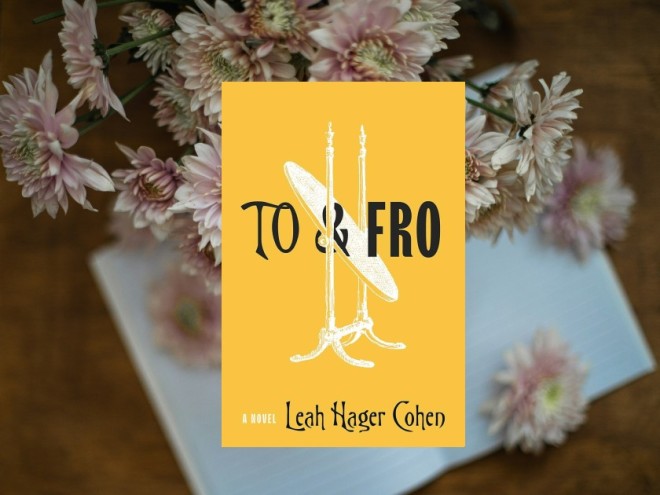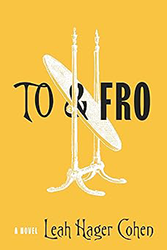Leah Hager Cohen’s delightful new novel begins with a plunge into a five-year-old’s active imagination. “The redcoats are coming!” yells Pim, the youngest character. Pim uses his childhood obsession with war and battle tactics to describe the guests and relatives descending on his ramshackle mansion home in upstate New York, for his much-older sister’s wedding. Family drama — squabbles, secrets, betrayals, and unifications ensue, but nothing on par with Pim’s performative war.
The Erlend Blumenthal clan is, ultimately, family. The real threat comes from the Haredi Jewish community planning to move into their quaint village.
We learn about the Haredi, who remain a mysterious force throughout much of the novel, through the perspectives of a variety of characters — from the sympathetic father Walter, to the more skeptical teenager Tom. But Pim’s innocent warmongering highlights how — when it comes to otherness, invasion, and protection — we are often nothing but children, living in our imagined ideas of what is scary, what is right, and what is exciting.
The conflict with the Haredi takes this jaunty, often comic novel to a darker place. The two threads are interwoven seamlessly. Little cousins play, an elderly, delusional aunt moves in and out of her tragic past, and the adults discuss the plummeting property values, loss of jobs, and declining school quality in nearby areas where Haredi have moved. They also wonder about religious freedom, democracy, and their own responsibilities as patrilineal Jews. In addition, bride-to-be Clem ponders her own privilege, which her fiance, a black woman called Diggs, has been teaching her about, as well as the performative nature of weddings.
Despite the heavy topics, Strangers and Cousins is a quick, lighthearted, and thoroughly entertaining read. Hager Cohen is a wonder with dialogue, catching authentic character beats in thought-provoking sentences. Clem’s college friends are a funny mix of artsy Millennial tropes — sexually amorphous, crafty, ironic but sweet, and able to speak about pronouns and privilege easily. Their surprise appearance and take over of the backyard stresses out matriarch Bennie, who has her hands full with spritely eight-year-old Mantha,along with the charming, eloquent, and rapidly declining Aunt Glad, and several more quirkily named characters. The house, which has been in Bennie’s family for more than a century and was once the village post office, is a delight to imagine — with its creaky old furniture and endless wings and structural problems.
It all might strike some readers as a touch too cute, like Rachel Getting Married meets Wes Anderson. But the truthful stickiness of the situations and the rich charm of the characters makes Strangers and Cousins a welcome, fresh take on the wedding novel. Change is always going to happen, but some stories and themes will always be worth visiting — just like sweet, oddball cousins.





